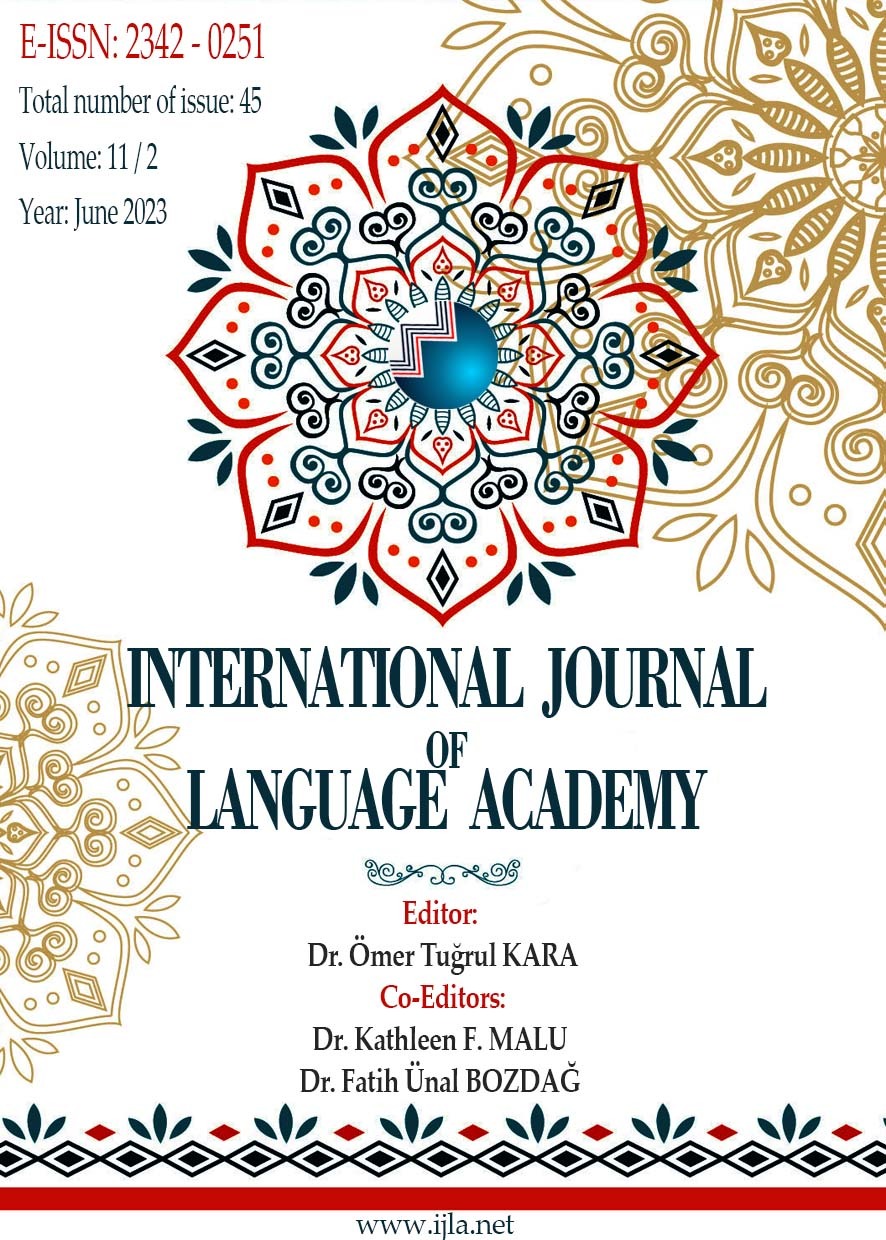Author :
Abstract
Keywords
Abstract
This paper explores the idea of self-building in Daniel Defoe’s Robinson Crusoe. It studies the social reformation process of the protagonist regarding the restoration period of England. The protagonist considers London as a corrupted society that needs to be reformed. However, Crusoe says this reformation cannot be done without a self-fashioning process. For the physical control of oneself and the subjects, a method involving isolation, discipline, and constant observation is necessary, while the language of religion is required as a multipurpose tool of power to address mental colonization. Crusoe, who symbolizes a reformative figure in the text, believes that individuals must fashion themselves in a pure environment to be able to reform their societies; otherwise, their reformation ends up in failure. Therefore, what happens to Crusoe in his journey towards the African shores is not more than his quest for finding a pure site to spiritually grow on it and then come back to his society to reform it the right way he wants. Crusoe follows Plato’s Allegory of the Cave to separate himself from the public domain. Meanwhile, he uses Foucauldian disciplining steps of power relations to produce the docile bodies of the people he encounters.





